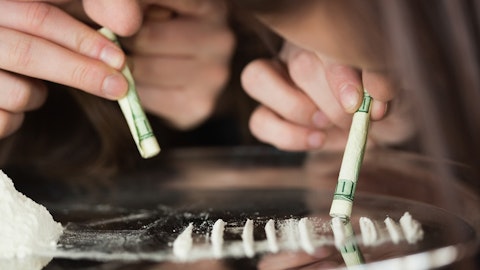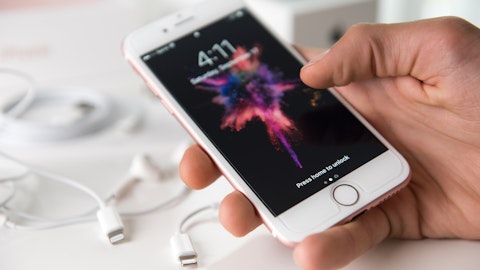The 10 makeup companies that do not test on animals which are featured in this article have achieved great success, despite some coming from humble beginnings, proving that high-quality, high-performing products do not need to be tested on animals first before being deemed safe or effective for humans.
In the late 1930s, the United States Food, Drug and Cosmetic Act was signed into law, which introduced certain safety standards for cosmetics that pushed companies to test their products on animals first. These tests, such as Draize eye and skin irritancy tests, used to be considered the most important cosmetic safety assessments and were mostly performed on rabbits. By the 1980s onward, activists began raising awareness and launching movements against animal testing.

Africa Studio/Shutterstock.com
The European Centre for the Validation of Alternative Methods was established in 1991 to develop and spread the use of alternative tests that do not need to involve animals. Five years later, the Coalition for Consumer Information on Cosmetics, composed of animal welfare groups, started the Leaping Bunny cruelty-free certification program in the U.S and Canada.
The coalition felt the need to create the Leaping Bunny certification given that many companies tended to create their own logos and definition of “animal-friendly” or “cruelty-free” without the participation of animal protection groups, thus calling into question the authenticity of their claims. The Leaping Bunny certification unifies the definition into a single comprehensive standard, under a single internationally-recognized logo. The standard not only encompasses the act of animal testing, but also the purchase of animal-tested ingredients or formulations from third-party suppliers.
The Leaping Bunny’s definition of animal testing is as follows: “All testing of finished Cosmetics and/or Household Products, or any one or more Ingredients or formulations used in manufacturing or production of such products in which whole non-human animals are the test subjects, including without limitation, fish, amphibians, reptiles, birds, and non-human mammals. Animal Testing excludes in vitro tests or tests conducted completely with human volunteers.”
In 1998, the UK banned animal testing for makeup products. Soon after, the European Union passed a law phasing out the production and sale of makeup that was tested on animals. Other countries, such as Israel, Norway and India, as well U.S states like New York and New Jersey followed suit with their own bans and requirements to use alternative testing methods. The progress is still continuing up to the present day.
Unfortunately, some big-name companies still conduct animal testing. The blogger CrueltyFreeKitty, citing People for the Ethical Treatment of Animals (PETA) and independent research, called out big corporations Estee Lauder Companies Inc. (NYSE:EL), Procter & Gamble Co. (NYSE:PG), Clorox Co. (NYSE:CLX), Johnson & Johnson (NYSE:JNJ), S.C. Johnson, Reckitt Benckiser Group PLC, Church & Dwight Co. Inc. (NYSE:CHD), Unilever NV (NYSE:UN) and Henkel AG & Co. as companies with poor ethics that are not making enough or even any progress on their animal testing policies.
Some companies, such as L’Oreal and Clorox, do own brands that do not test on animals, usually those that had cruelty-free policies before getting acquired by their current owners, which were kept in place. Colgate-Palmolive Co. (NYSE:CL), despite still conducting animal testing, agreed to make gradual policy changes, which PETA described as “working toward regulatory changes to reduce the number of animals used for testing.”
The sheer influence and size of companies that still test on animals indicates that we still have a long way to go towards a completely cruelty-free makeup and cosmetic industry. However, significant strides are being made, as demonstrated by the popularity and success of the companies and brands included in this list of 10 makeup companies that do not test on animals. The brands were culled from a comprehensive list by CrueltyFreeKitty, based on information from PETA, the Leaping Bunny, and the companies’ websites.
If you like this list, also check out our list of the 11 most hated companies in America in 2017.





